One way to support those in recovery
Often when we think about supporting a group of people, we think about what WE can do for THEM.
It is counterintuitive to think, “What can they do for us?”
But people from an addiction rehab near one WELS congregation have made it clear. They want opportunities to volunteer and serve.
In fact, one person said this: “I’ve let a lot a people down. You don’t know what it means to me that you are giving me the opportunity to be responsible and give back.”
Based on the comments of those in recovery, CrossWalk Lutheran Church has begun to offer opportunities to serve including:
- Monitoring the parking lot to prevent catalytic converter theft. (The congregation lost four over the last several months)
- Helping to take down signs, canopies, tables, and chairs after church services
- Delivering Thanksgiving meals to needy families through the church’s Feed-a-Family program.
Providing opportunities to serve can be uncomfortable. Initially, congregations may find themselves feeling a bit like Peter before Jesus washed his feet. They may protest that it is improper or selfish to accept service rather than provide it.
But the risk of not providing opportunities to serve is great. The church could inadvertently reinforce what sociologists call “learned helplessness.” And congregations might be preventing the needy from worshiping God with their gifts of service.
What can this mean for your church?
Your church may not have collaborations with local rehabs. But it is likely that you bless your community through a number of charitable acts of giving and service.
If you want to bless your community in this novel way, the first step is to make a mental shift. Instead of thinking about what your church can do for your community, think about what your community can do for your church.
By providing opportunities to serve, you are reversing learned helplessness and fulfilling the words, “the first shall be last and the last shall be first.” You are denying yourself in order to provide someone else with the opportunity to learn that it is more blessed to give than to receive.
If you’re interested in learning about being spiritually supportive of people in recovery, see the Special Ministries video and study guide at welscongregationalservices.net/recovery.
Jason Jonker
CSM Mental Health Needs Chair
SUBSCRIBE TO HIS HANDS
Get Special Ministries news and updates right to your inbox.
SUPPORT SPECIAL MINISTRIES
Support the ministry work of WELS Special Ministries.

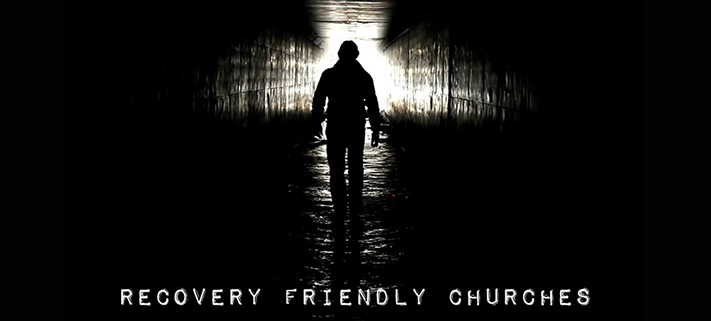

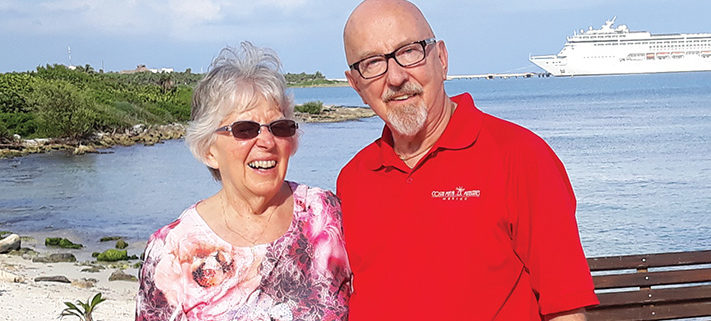


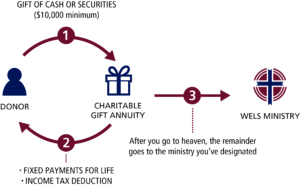


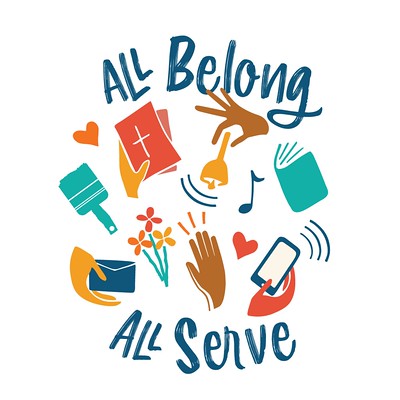 Special Ministries sometimes serves an individual directly. We provide Christian audiobooks for the blind. We send seasonal Christian cards and letters to people with developmental disabilities. But the true goal of Special Ministries’ work is to foster church members’ love and compassion and a commitment to meeting the spiritual needs of every member of the church family. Pastors may use the resources we develop and guidance we provide, but our hope is that other members of the church family will be able to serve, using Special Ministries’ training and materials.
Special Ministries sometimes serves an individual directly. We provide Christian audiobooks for the blind. We send seasonal Christian cards and letters to people with developmental disabilities. But the true goal of Special Ministries’ work is to foster church members’ love and compassion and a commitment to meeting the spiritual needs of every member of the church family. Pastors may use the resources we develop and guidance we provide, but our hope is that other members of the church family will be able to serve, using Special Ministries’ training and materials.
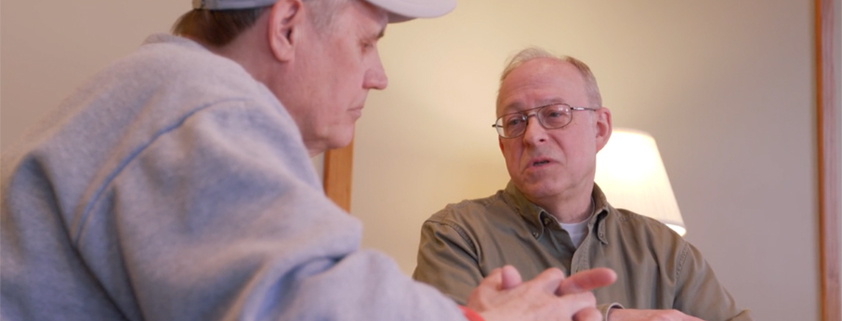

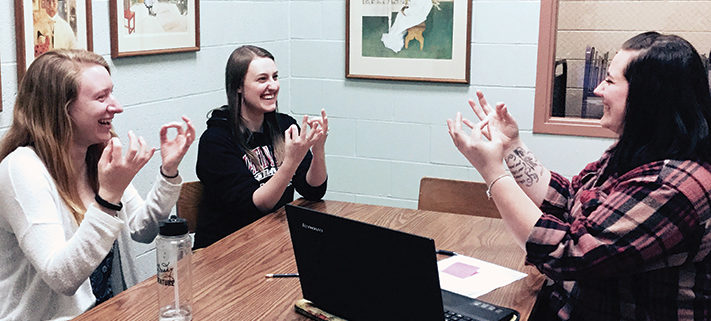

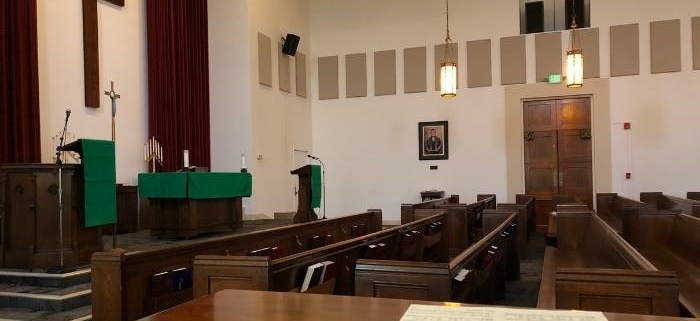
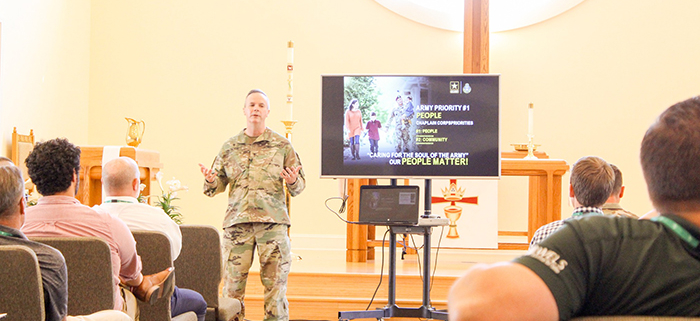
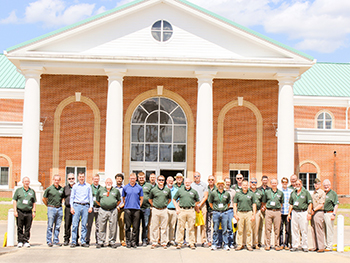 April 26-28, the WELS Military Services Committee held its annual Military Contact Pastors Workshop at Risen Savior, Pooler, Ga., near Army Fort Stewart and Hunter Army Airfield. Members of the Military Services Committee met with a group of WELS Military Contact Pastors to discuss ministry to the military with Fort Stewart chaplains and military personnel, including WELS members Lt. Col. Michael Hefti and his wife Katie, who described the stresses of military life and the importance of their WELS pastors and church family in supporting them spiritually.
April 26-28, the WELS Military Services Committee held its annual Military Contact Pastors Workshop at Risen Savior, Pooler, Ga., near Army Fort Stewart and Hunter Army Airfield. Members of the Military Services Committee met with a group of WELS Military Contact Pastors to discuss ministry to the military with Fort Stewart chaplains and military personnel, including WELS members Lt. Col. Michael Hefti and his wife Katie, who described the stresses of military life and the importance of their WELS pastors and church family in supporting them spiritually.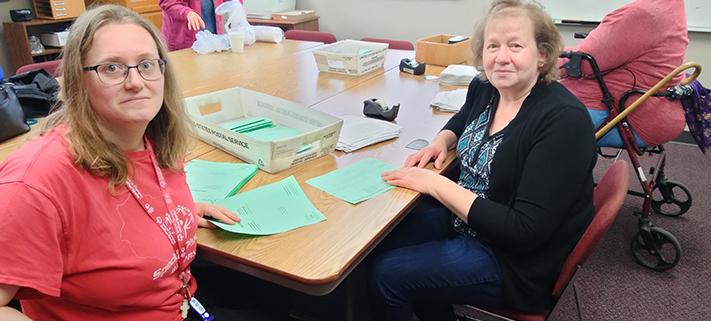
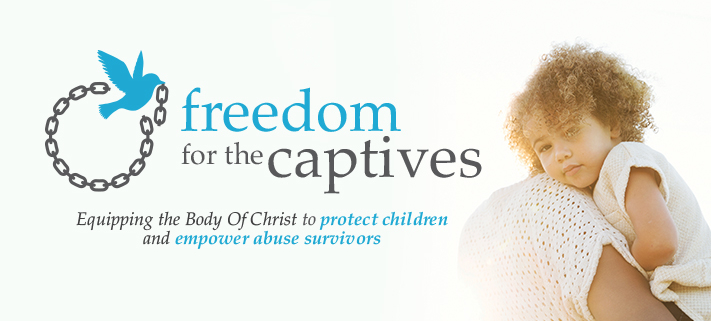
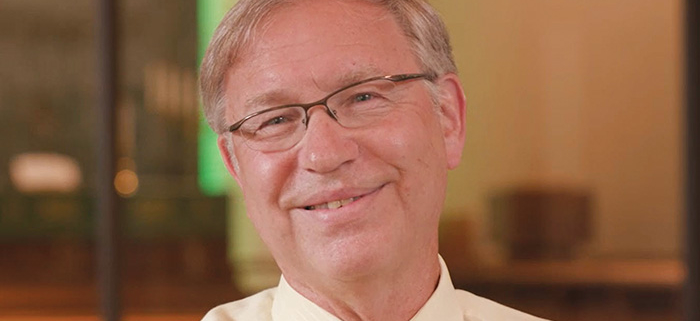
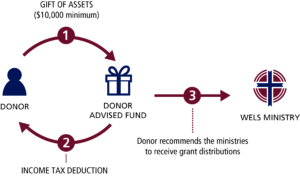



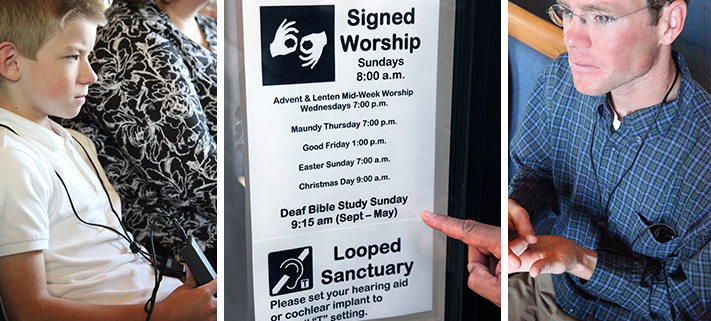
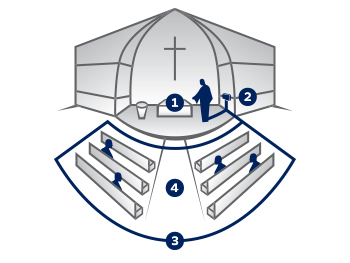 Thankfully, modern technology has solutions to alleviate this problem. One of these is to install a hearing loop in your church. A hearing loop works with people’s hearing aids to provide a clearer sound directly into their ears. Watch this
Thankfully, modern technology has solutions to alleviate this problem. One of these is to install a hearing loop in your church. A hearing loop works with people’s hearing aids to provide a clearer sound directly into their ears. Watch this 